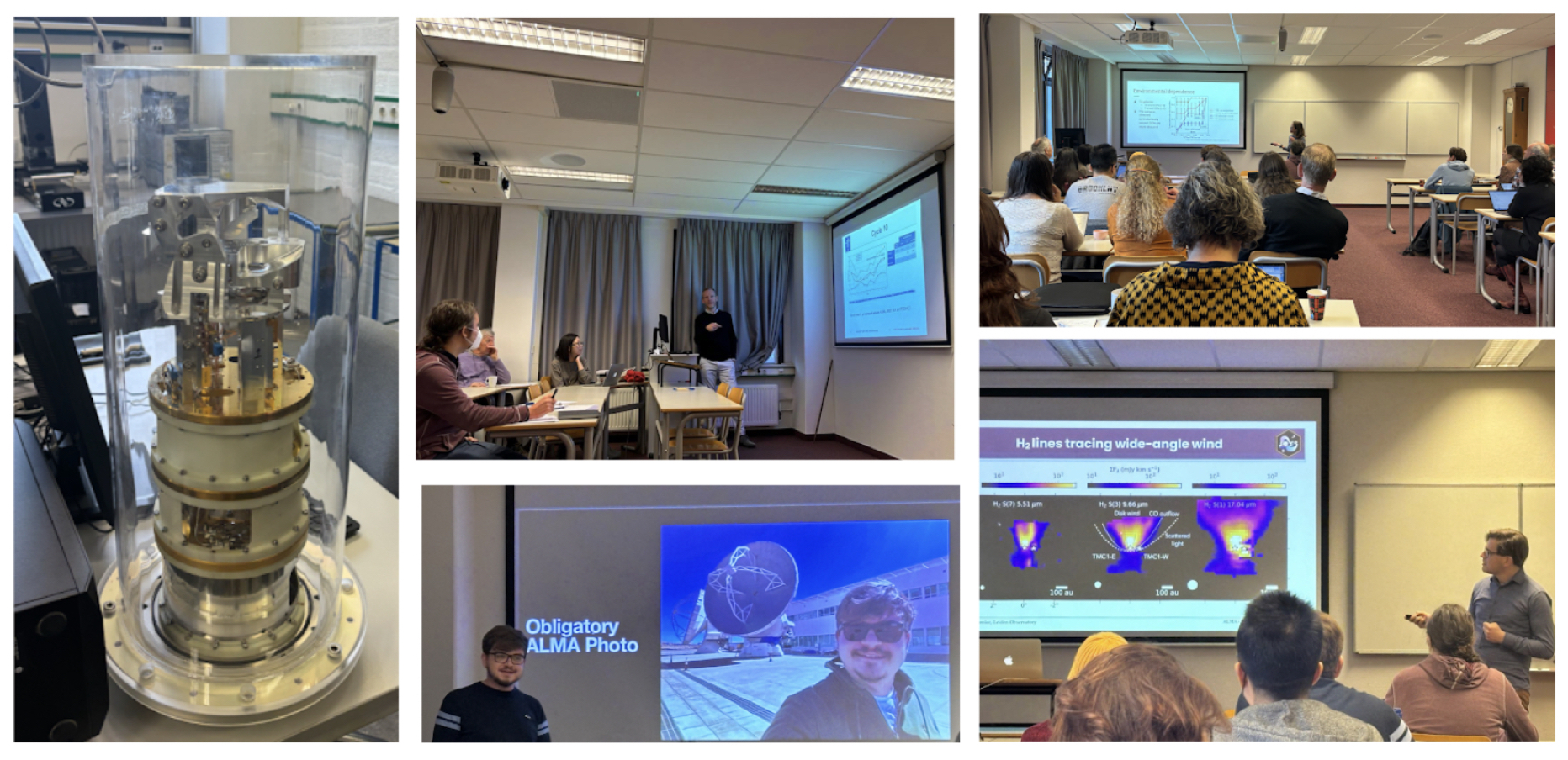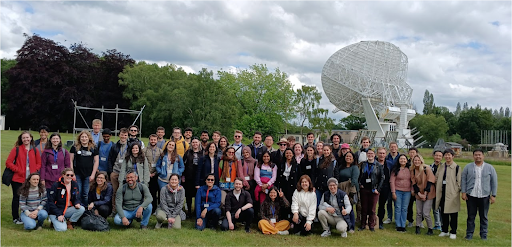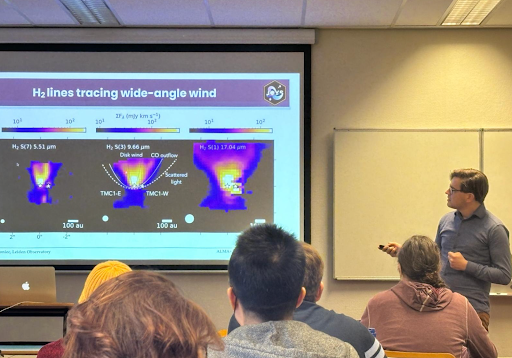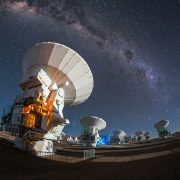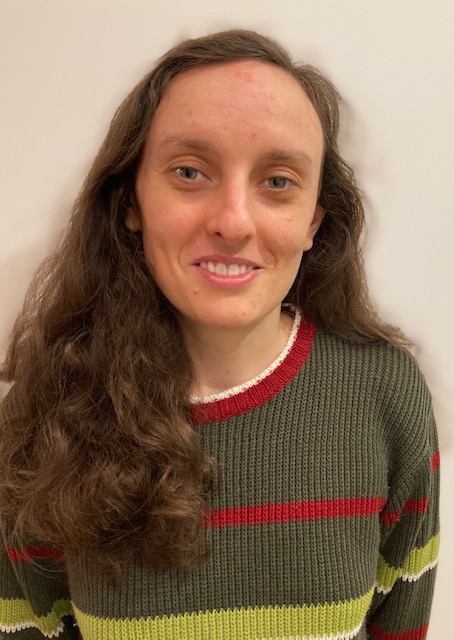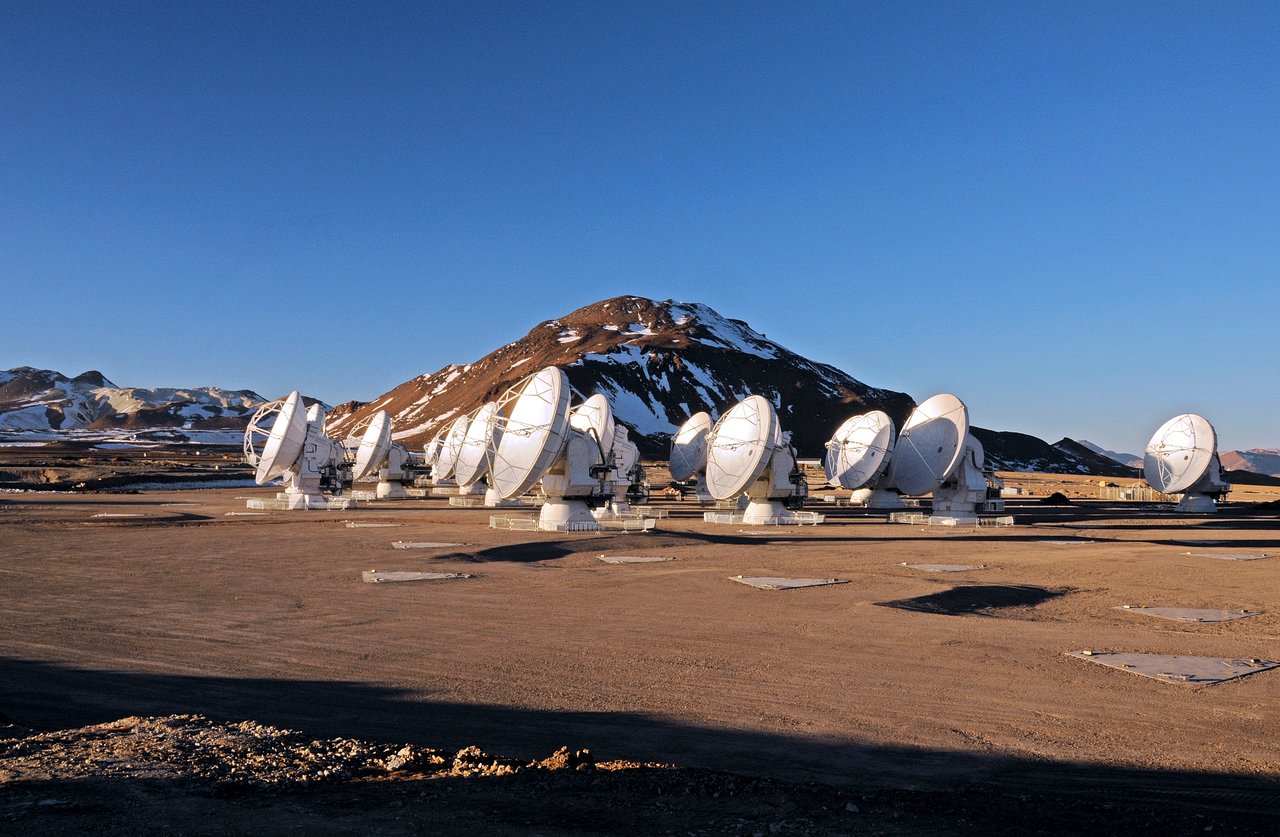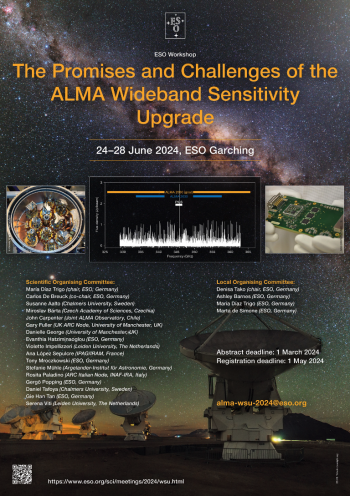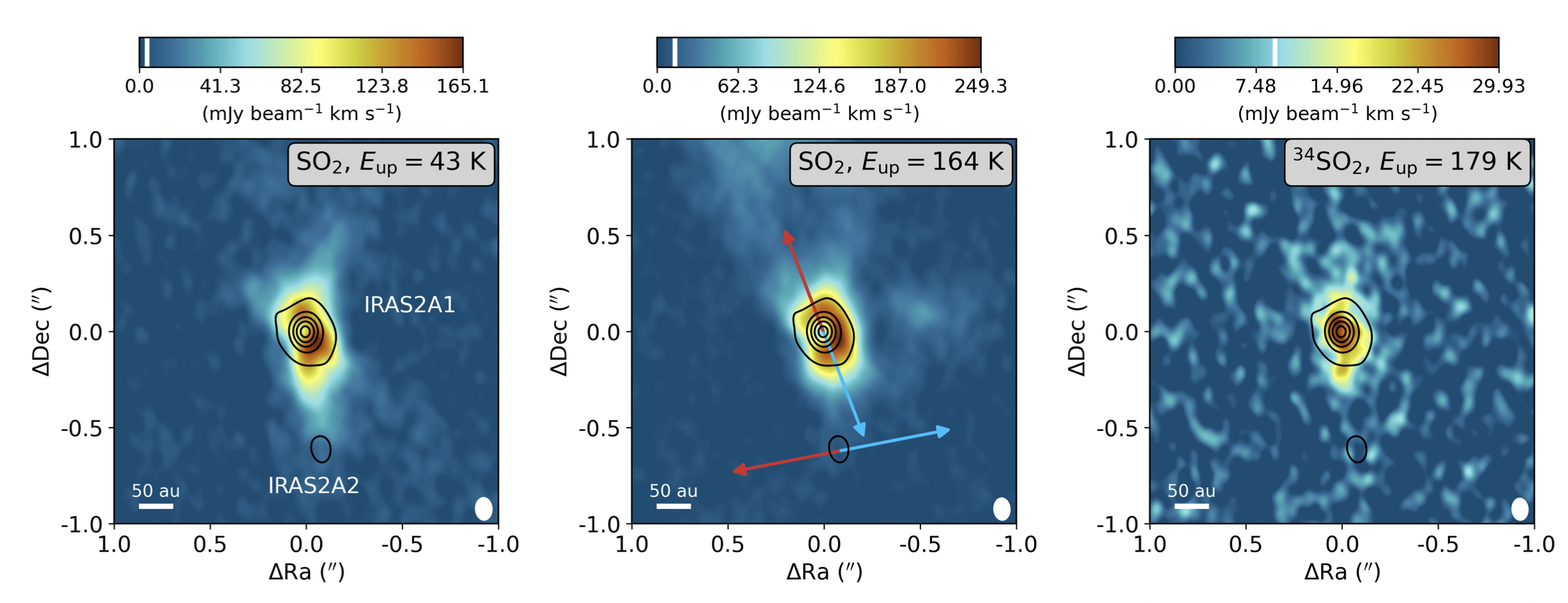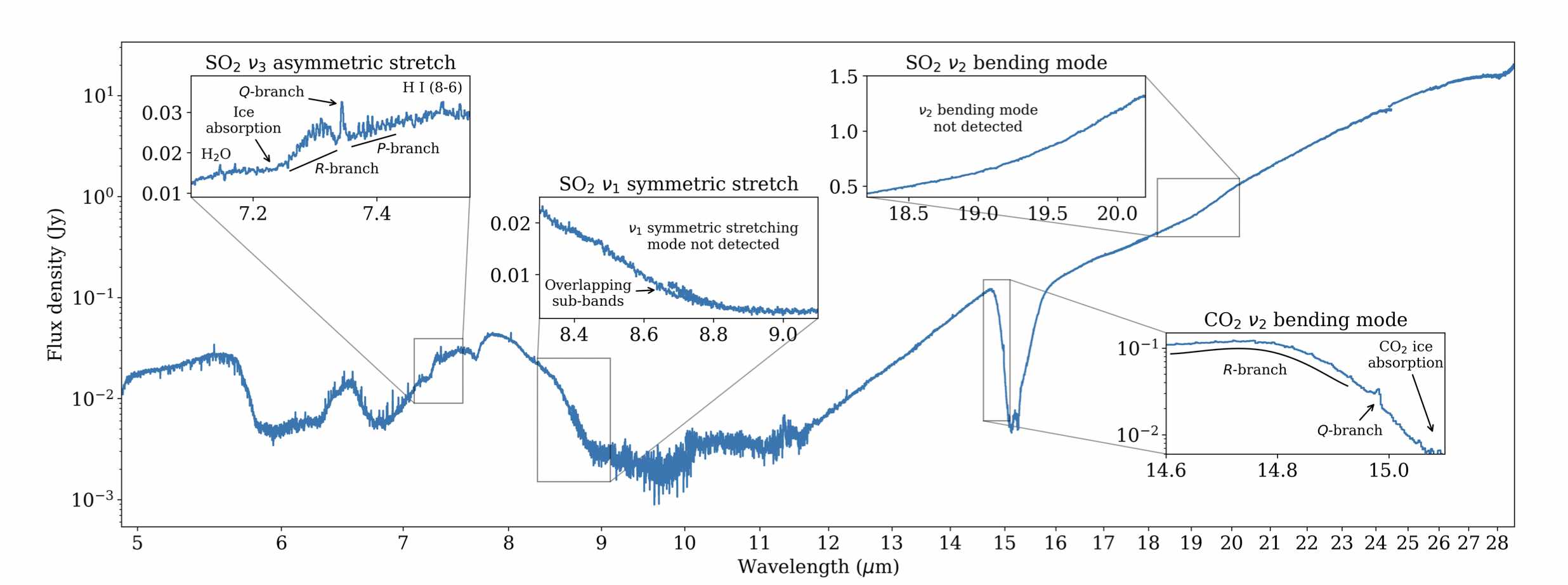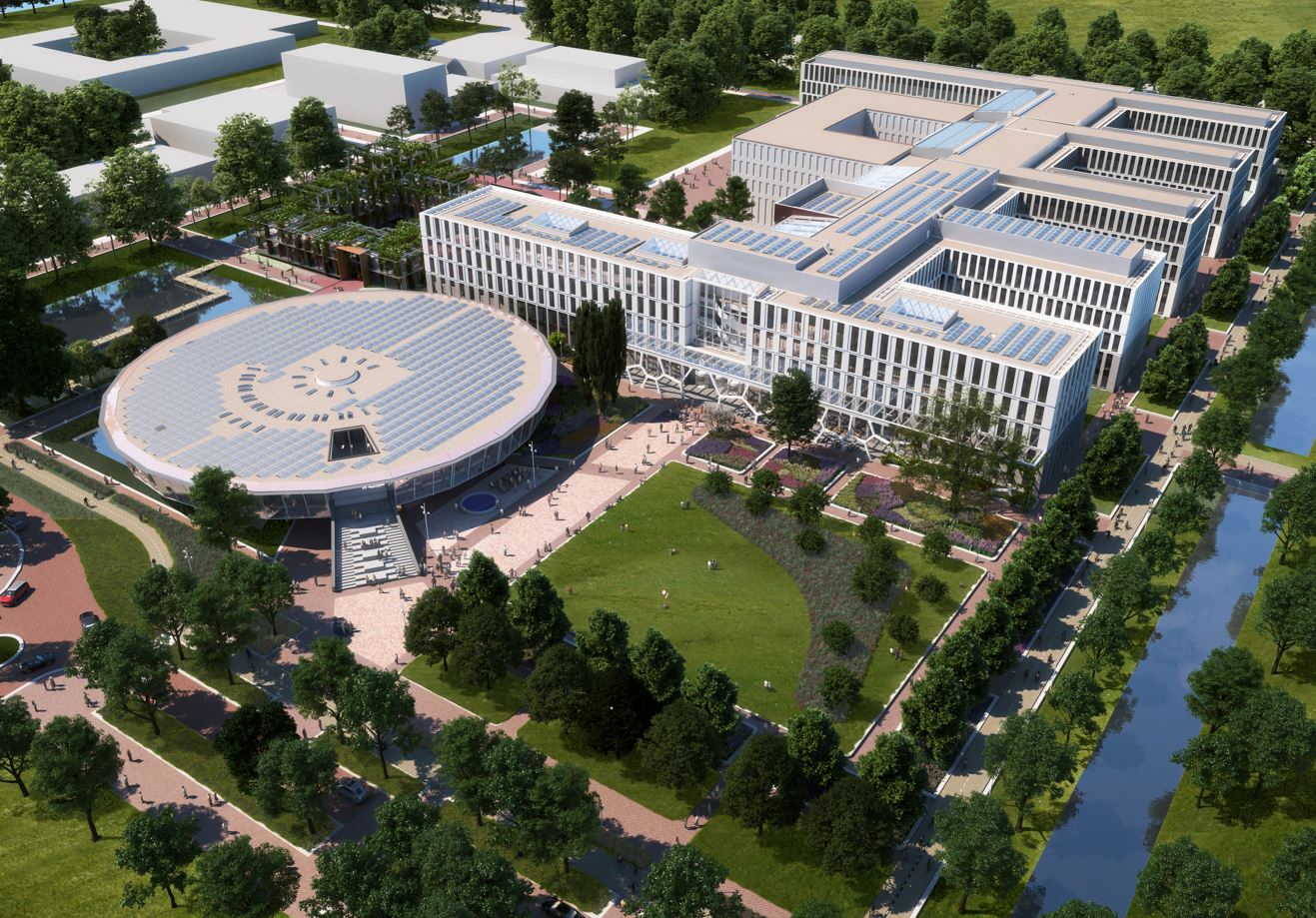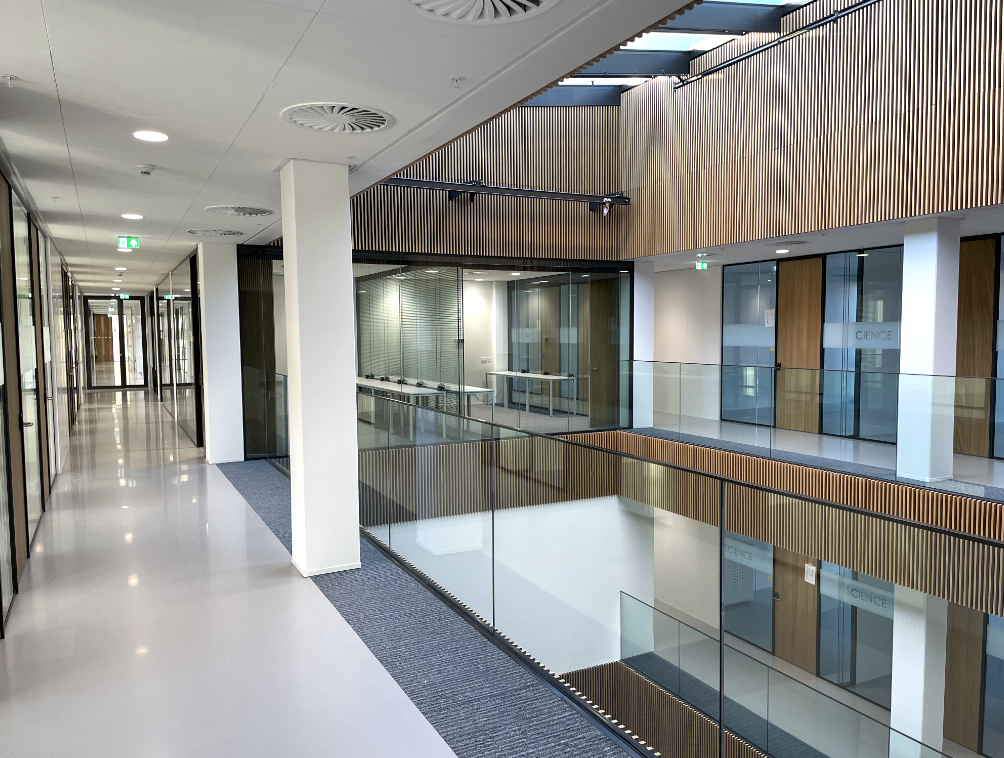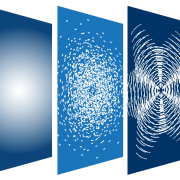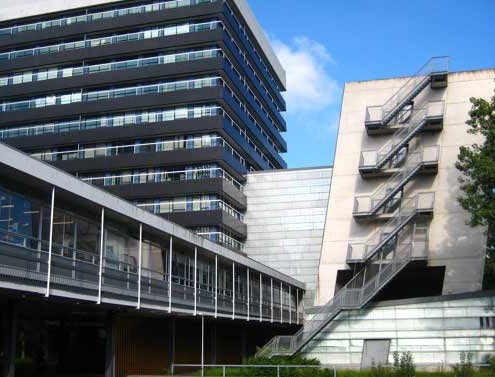On January 30, 2024, Allegro – in collaboration with JWST colleagues – organized its first Netherlands JWST-Allegro Science Day at Kapteyn Institute, in Groningen. The Joint Science Day was inspired by the recent introduction of “Joint Proposals” at ALMA and other major observatories and was aimed to inspire collaborations while highlighting already existing scientific synergies.
The event was a great success, with ~ 50 registered participants and an incredible lineup of speakers presenting ALMA, JWST data but also in many cases both in the same talk. Talks ranged from astrochemistry, the high-z universe, to long baseline observations of gravitational lenses, and studies of nearby galaxies and planet forming disks. Invited speakers were Prof. Karina Caputi (Kaptyen) and Dr. Łukasz Tychoniec (Leiden) who spoke about high redshift galaxies and proto-stellar systems, respectively, in both cases demonstrating the power of combining information from both instruments. Dr. Martin Zwaan (ESO) was invited to speak about ALMA news and the Wideband Sensitivity Upgrade (WSU) that has recently kicked off, offering a detailed timeline and explanation of upcoming capabilities.
Another great highlight of the day was the opportunity to visit the NOVA labs where the new ALMA Band 2 cartridges are currently being assembled. This was a very exciting opportunity for many students and postdocs to get in touch with the technology being developed in the Netherlands and was an inspirational demonstration of the many contributions from the Dutch community to ALMA. Finally, our Allegro-JWST Science Day was a great way to meet our colleagues from various institutes in person again, to chat over coffee and lunch about new ideas and future visions. We would like to thank Kapteyn for hosting, and all our participants for making it such a fun day!
